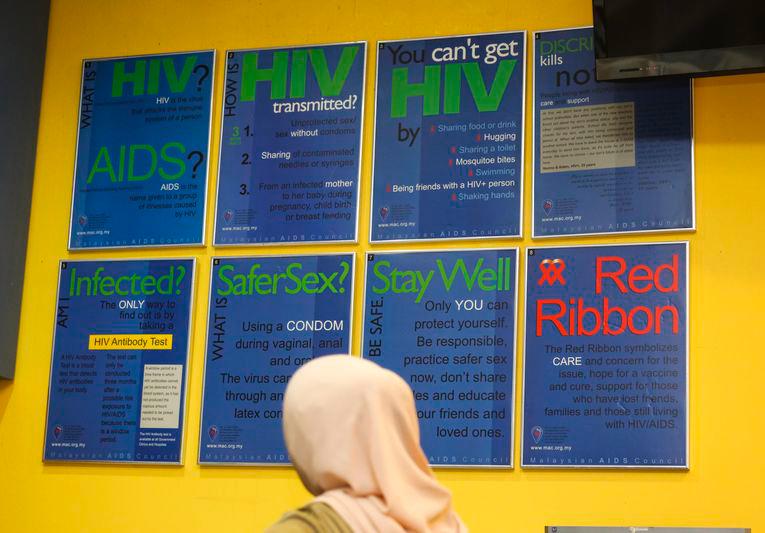KUALA LUMPUR: The Malaysian AIDS Council (MAC) and the Malaysian AIDS Foundation (MAF) have called for a unified and holistic approach to tackling the intertwined epidemics of hepatitis and HIV/AIDS.
In a statement yesterday, MAC president Assoc Prof Dr Raja Iskandar Shah Raja Azwa said it is imperative to highlight the intersection of these two public health crises and advocate comprehensive strategies to address them collectively.
Speaking on the occasion of World Hepatitis Day 2024, which fell on Sunday, he said its theme “It’s Time for Action” reflects the need for such a commitment.
“The connection between hepatitis, particularly hepatitis C (HCV), and HIV/AIDS is well documented. People living with HIV (PLHIV) are disproportionately affected by hepatitis due to shared transmission routes, such as intravenous drug use and unprotected sex.”
Raja Iskandar Shah said according to the World Health Organisation, some 2.3 million people worldwide are co-infected with HIV and HCV.
In Malaysia, the burden of co-infection is significant, worsening the challenges faced by healthcare providers and patients.
He said addressing HIV/AIDS and hepatitis as separate issues undermines the effectiveness of public health interventions, and that a cohesive response is essential for integrated screening and diagnosis, which can lead to early treatment and reducing transmission rates.
“MAC and MAF wish to emphasise that combining treatment protocols for co-infected individuals optimises treatment regimens, minimises drug interactions, and enhances patient adherence.”
Raja Iskandar Shah said unified public health campaigns that address the shared risk factors and prevention strategies for HIV and hepatitis significantly curb the spread of the two diseases.
Moreover, he said patients living with co-infections often face compounded social and psychological challenges, requiring holistic support systems that include mental health services and social support.
“We are dedicated to championing a holistic approach to public health that recognises the interconnection between HIV/AIDS and hepatitis,” he said, adding that project implementation partners are committed to acting against viral hepatitis through various HIV programmes conducted in the country.
“Our advocacy efforts raise awareness about the dual epidemics and promote policy changes that support integrated healthcare approaches. We also support research initiatives to gather data on the prevalence and impact of HIV and hepatitis co-infection in Malaysia.
Raja Iskandar Shah said at the regional level, MAC is the leading organisation for the Southeast Asia-South Asia (Sasea) platform of Coalition Plus – a global HIV/AIDS and viral hepatitis working group.
“Sasea is collaborating with counterparts in India, Thailand, and Indonesia to eliminate these epidemics by 2030,” he said.









